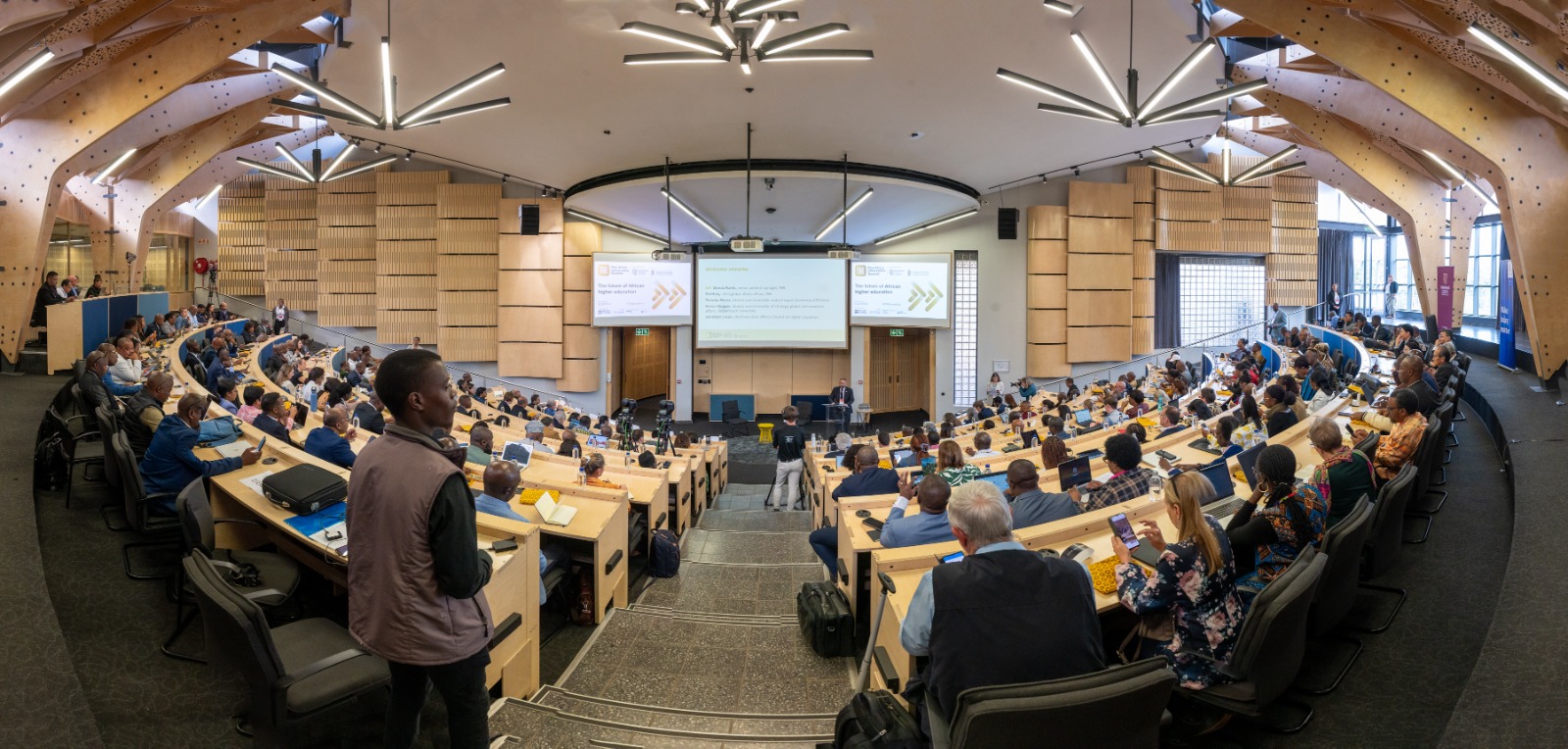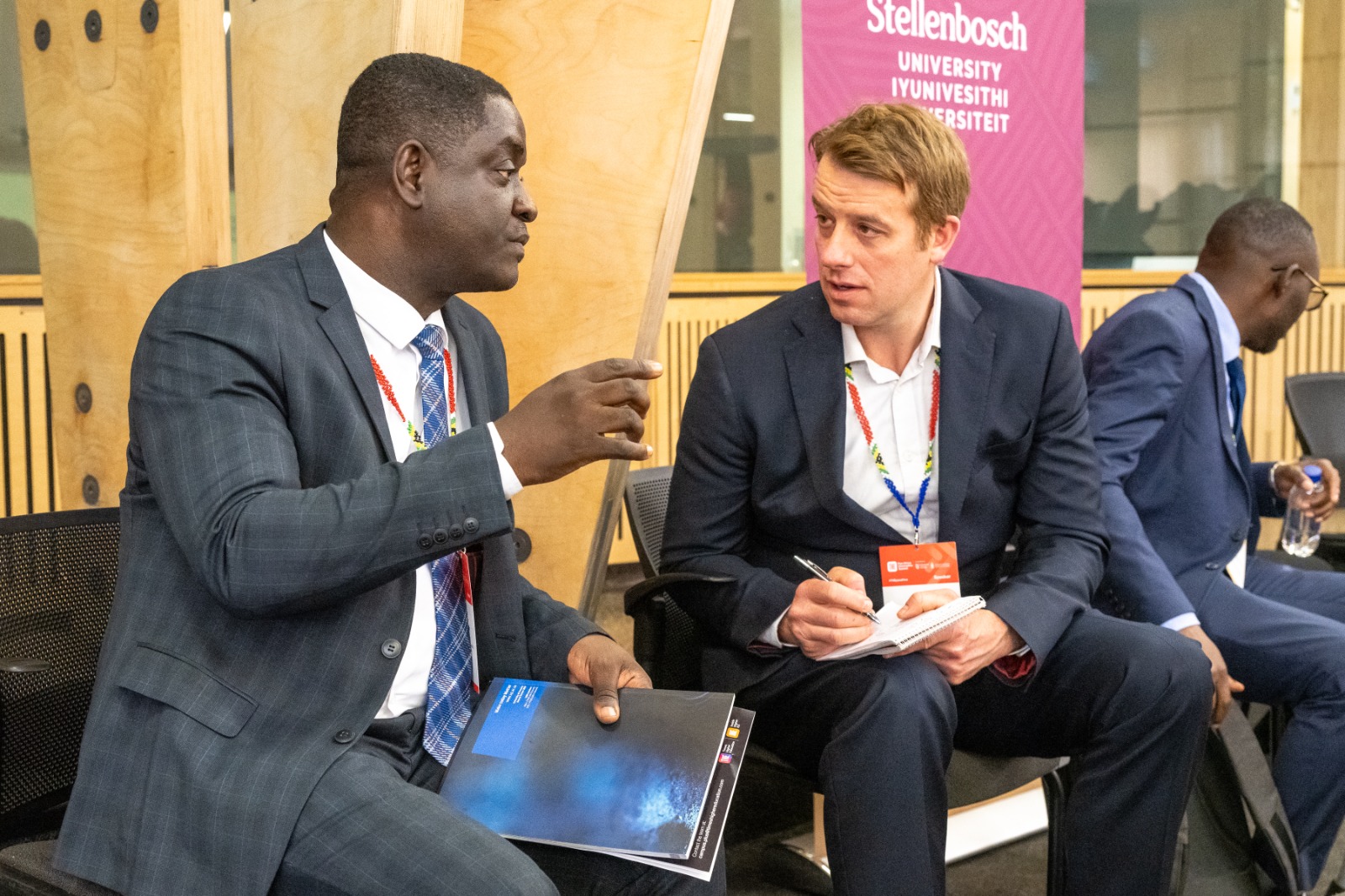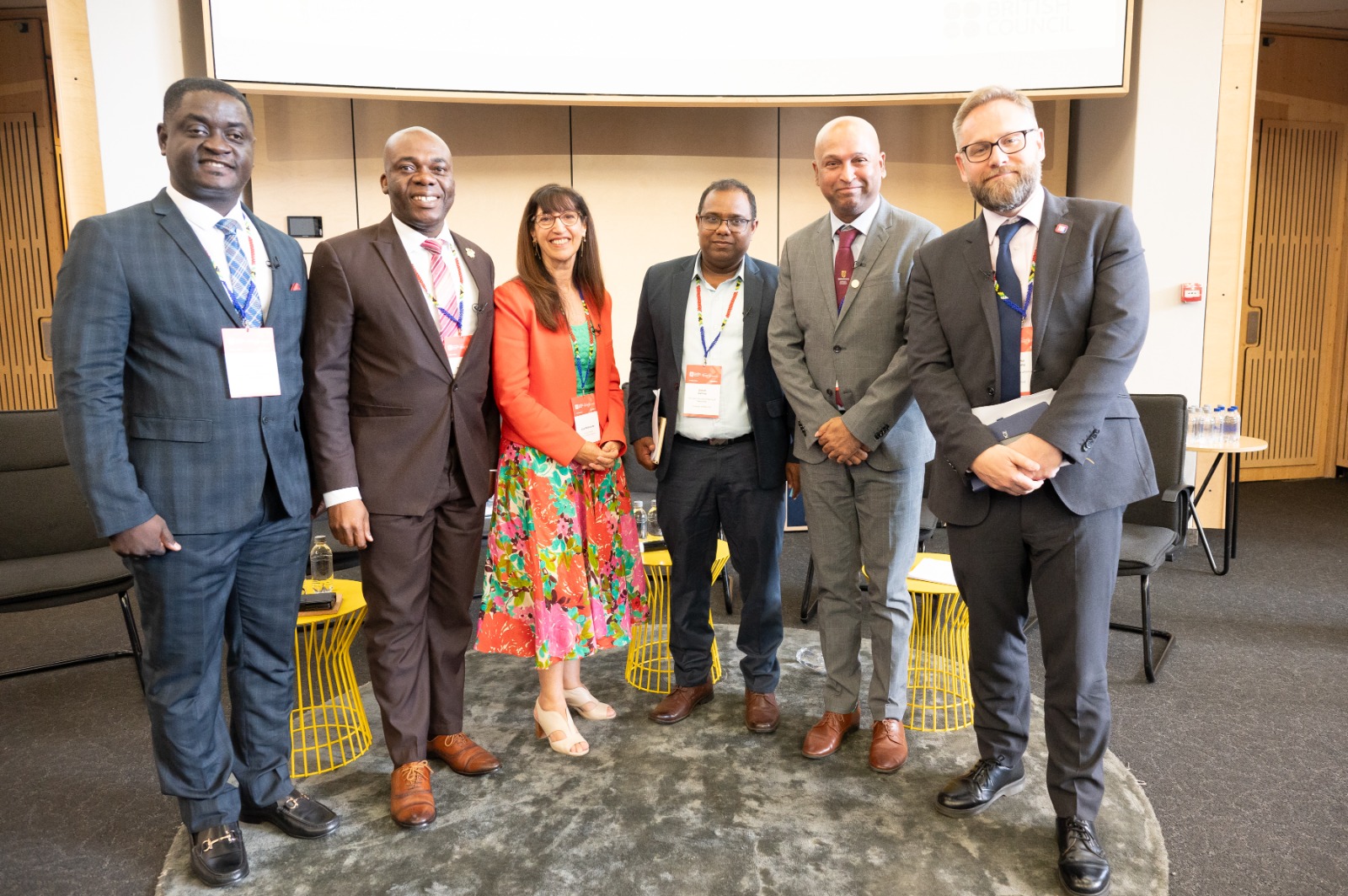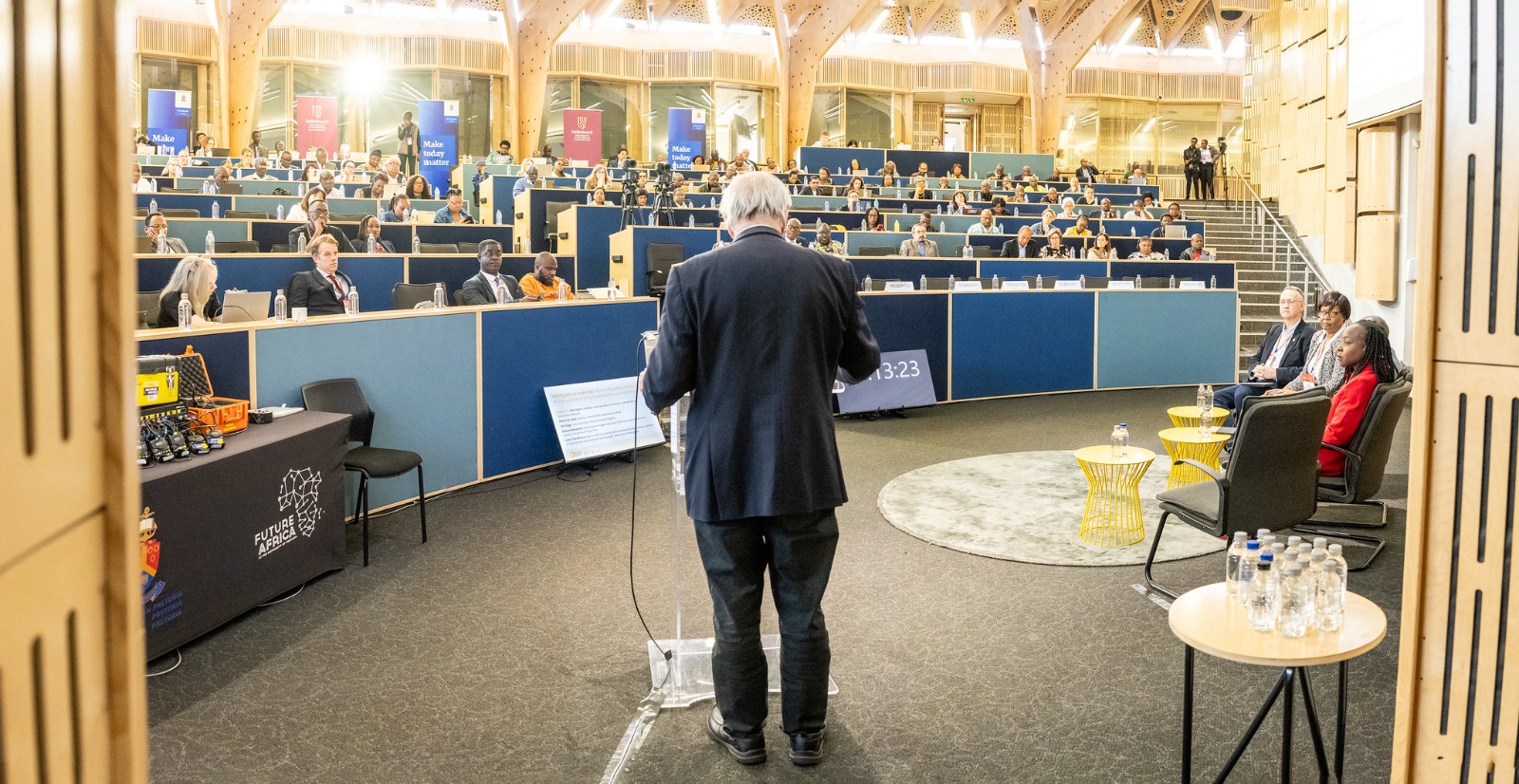Higher Times Education Inaugural Pan-Africa Universities summit in South Africa
To transform and respond to the needs of education nationally and globally, the Director of the E-Learning Centre of the Kwame Nkrumah University of Science and Technology, Ghana, wants more investment in building of academic production studios for lecturing. Professor Eric Appau Asante is certain the future of education is digital. Access to digital technologies and the internet has become an increasingly important determinant of education success in the 21st century. Although there is great variation, many African countries experience significant barriers to digital access in education.

Some of these include unreliable and non-existent electricity supply, limited access to the technologies Speaking at the Higher Times Education Inaugural Pan-Africa Universities summit in South Africa, Professor Asante says studios must be invested and given the necessary support in order to be deployed effectively to yield optimum benefits to both faculty and students. “Until professors have access to recording studios and video editing technologies that enable them to produce excellent online lectures, blended learning will not take off as planned.

“Rather than relying on faculty members to merely record themselves on a laptop while in class or in the lecture hall, universities must invest in state-of-the-art recording facilities if they hope to offer online lectures,” he said. The Kwame Nkrumah University of Science and Technology topped the THE’s Impact Rankings for quality education, in 2023. The university is aimed at providing access to first-generation students and the broader community. Currently, thirty percent of KNUST students have their lessons taken online; for those enrolled in distance learning, that number has increased to fifty percent.

“Without investment in this kind of infrastructure and support services, it would be difficult for lecturers to create an “online presence” similar to that which many staff established for in-person lectures. “People have to feel that presence of the lecturer, otherwise students will often tune out, turn off the camera and go elsewhere. You could just film in a regular classroom, but it is better to step ahead with blended learning like this.”

He clarified that with this feature, lecturers can seamlessly record their lectures and lessons, ensuring that students have access to valuable educational resources anytime, anywhere. This not only enhances the learning experience but also accommodates different learning styles. Whether for flipped classrooms, remote learning, or blended.
Published: 21st May, 2024 Source: KNUST E-Learning Centre
